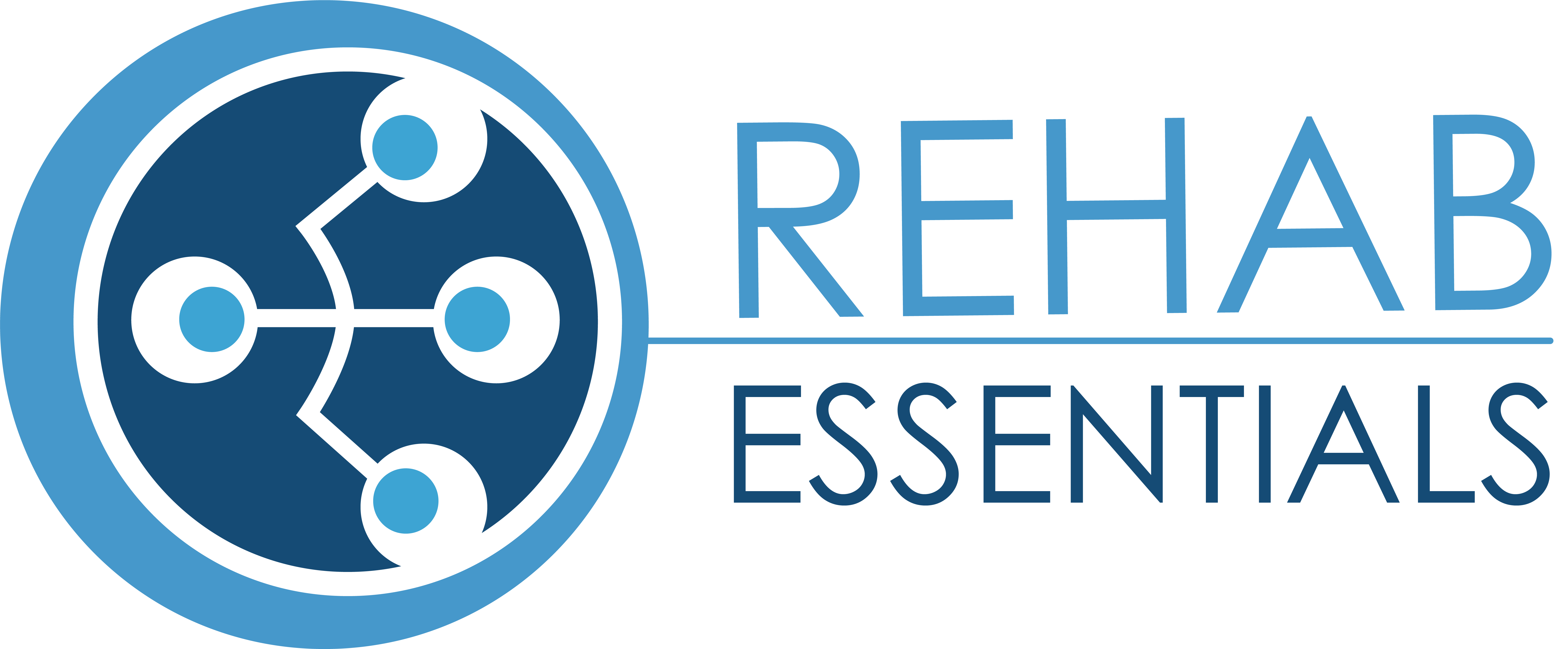Alyson Totten
PT, DPT, MS
Health Professional
The University of Montana (UMT)/ Rehab Essentials tDPT Program has greatly influenced my career as a physical therapist and educator. I selected this program due to the amazing access it provides to the top academicians and clinicians in the profession. The added bonus was the reasonable cost and the ability to receive credit for my preparedness at the post-graduate Master’s level.
The University of Montana (UMT)/ Rehab Essentials tDPT Program is a fantastic education for which I am most grateful!
Doug Hoeck
PT, DPT
Health Professional
The experience I had with the tDPT program through The University of Montana exceeded my expectations in all ways. The courses were in a logical manner and were easy to follow. I enjoyed the “learn as you go” format that allowed me to study at my own pace and review material as needed. The CD lectures followed the syllabus and were easy to understand. Most sections had a textbook and/or reading material well defined. There were no surprises once the academic calendar was released if you followed the syllabus.
I enjoyed the ability to confer with my cohort in the discussion board and meet most of them at the Professional conference. The conference was a highlight of my experience as the material discussed was thought provoking and covered a wide range of topics. The faculty for the Professional conference was filled with leaders in the physical therapy field.
My highest recommendation for anyone wishing to further their education in an organized, interesting and thought provoking manner.
Dr Mary Blackinton
Program Director
University
In my program, we use Rehab Essentials as a cost-effective means of bringing expert instructors in pharmacology, imaging, and medical screening into our courses. My faculty are then able to focus on getting students to apply this knowledge to physical therapist practice. Rather than spending time creating lectures in those areas, my faculty develop activities and assignments aligned with the instruction that help engage and apply information in a way students will do so in clinical practice. This shift gives us the best of both worlds- expert instruction and core faculty who focus on designing and assessing learning experiences.
Dr Michael Lebec
Program Director
University
We have begun threading the Rehab Essentials modules across the curriculum in variety of formats. Associations between select areas of physical therapy practice and pharmacology principles have been integrated within courses that focus on certain practice patterns or settings. The Differential Diagnosis and Imaging modules are being used to replace some face-to-face class time or prepare students for a more advanced discussion in a flipped classroom format. In addition, the service and support provided by the Rehab Essentials team has been excellent.
Dr. Ellen Wruble Hakim
Program Director
University
What drew us most to the Rehab Essentials modules was the versatility of the delivery method and the ease with which it supported and integrated into our curriculum. The reallocation of faculty instructional time away from introductory and foundational concepts has allowed for a more dynamic classroom, one that is rich with higher order critical thinking activities that drive student clinical reasoning to the top of our licensure.
Howie Tapley PT, MSPT, PhD
Program Director
University
Rehab Essentials did a stellar job teaching our entry-level DPT students cardiopulmonary physical therapy. All instructors demonstrated competence, professionalism and great enthusiasm for the class. I highly recommend this organization to assist DPT programs with supplemental instruction in high-need areas.
Lynn McKinnis
PT,DPT
Health Professional
1. I love this curriculum.
2. I would not have a chance to ever go back to school if online programs like ours did not exist.
3. The point you make about "you get out of this curriculum what you put into it" is immeasurably true.
4. I love that each course has very different assessment tools...I got alot out of Business and Mkt..this was the course I expected the least out of and was enriched the most by...those writing assignments got me creatively thinking.
5. It is wonderful how Jonathan, and you Steve, convey a message of "we are all in this together and we want to help you" on every interaction. You guys rock.
Marlon Alaan
PT DPT
Health Professional
I just want to extend my sincerest appreciation, Dr. DeRosa, for the valuable lessons I learned from you and this course. It was amazing to have the chance to put in writing a lot of thoughts and ideas that I have from several years ago that became relevant and resurfaced through this course. The resource books are truly a great read as well. I have been using some of the terms like "disruptive innovation" at work.
Rose Anne Rionio
PT, DPT
Health Professional
Your course and the discussion that you did on the lectures have been really helpful for me. Before this subject, I have looked at health care and business/marketing as two entities at the extreme ends of the arrow. I mean, I'm one of those practitioners, who, lets say, are kind of ginger in involving profit with actual facilitation of client care. This course made me better understand the importance of looking at the business aspect of the profession in order to sustain a practice, and in turn, continue helping patients. For all these, thank you so much.
Sally Taylor
PT, DPT
Health Professional
I wanted to follow up and say thank you to Rehab Essentials and the University of Montana. I completed my DPT there in 2013 and then a Certificate of Rehabilitation Administration in 2017. All of this additional training that built upon my original bachelor’s degree in PT enabled me to recently obtain an Assistant Professor appointment in the Department of Physical Therapy and Human Movement Sciences at Northwestern University Feinberg School of Medicine. This is made possible through the partnership between Northwestern and Shirley Ryan AbilityLab where I am currently a Therapy Manager.
If I had not gone on to get my DPT, my qualifications would not have been at the appropriate level to be reviewed for a faculty appointment. I am very thankful to the faculty in the Rehab Essentials program.






